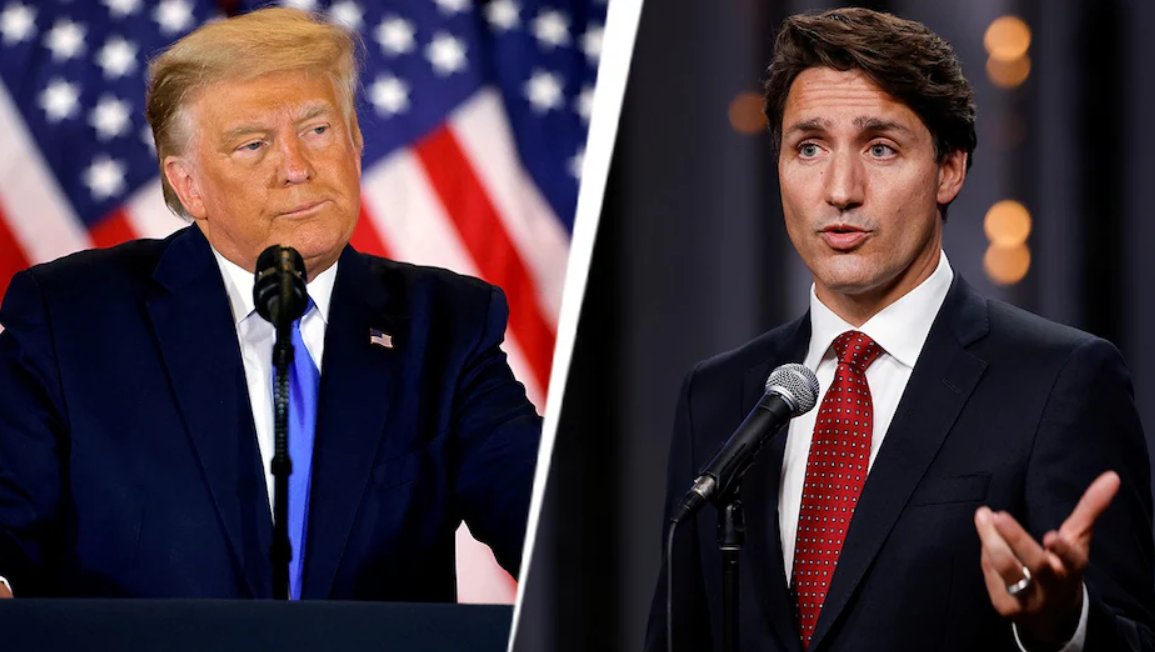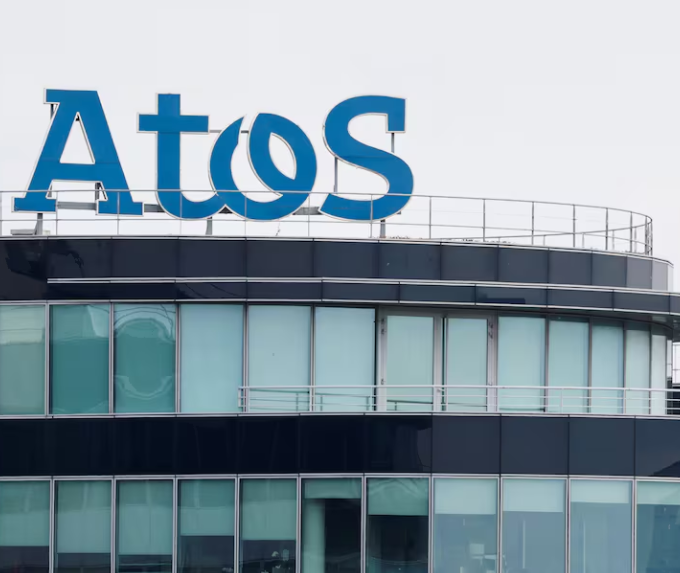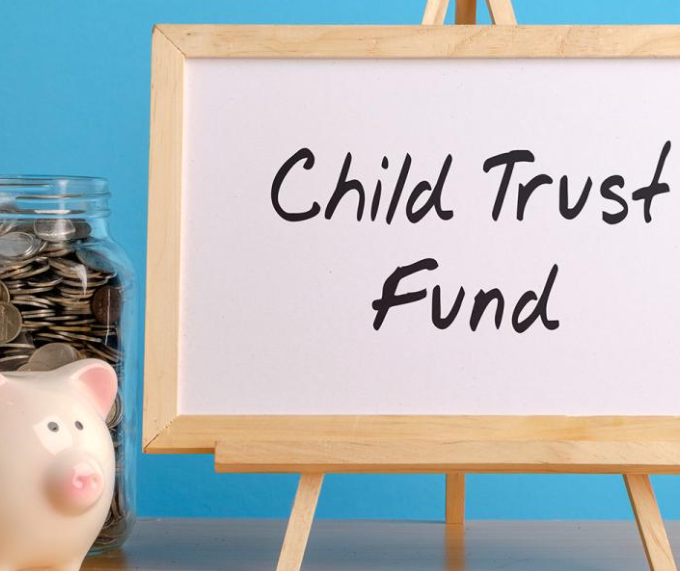- Home
- Billionaires
- Investing Newsletters
- 193CC 1000
- Article Layout 2
- Article Layout 3
- Article Layout 4
- Article Layout 5
- Article Layout 6
- Article Layout 7
- Article Layout 8
- Article Layout 9
- Article Layout 10
- Article Layout 11
- Article Layout 12
- Article Layout 13
- Article Layout 14
- Article Sidebar
- Post Format
- pages
- Archive Layouts
- Post Gallery
- Post Video Background
- Post Review
- Sponsored Post
- Leadership
- Business
- Money
- Small Business
- Innovation
- Shop
Recent Posts
Canada’s Trudeau Warns of Economic Fallout from Trump’s Tariff Threats

In a recent interview, Canada’s outgoing Prime Minister Justin Trudeau urged American consumers to consider the potential harm of Donald Trump’s proposed 25% tariffs on Canadian imports. Trudeau’s comments come as the US President-elect continues to make provocative statements about Canada, including suggesting it could become America’s “51st state”.
Trudeau emphasized that Trump’s controversial remarks about Canada becoming the 51st state have diverted attention from the real issue at hand: the economic impact of steep tariffs on both American consumers and workers. “The 51st state, that’s not going to happen,” Trudeau stated firmly. “But people are talking about that, as opposed to talking about what impact 25 percent tariffs (has) on steel and aluminum coming into the United States”.
The Canadian leader pointed out that such tariffs would likely lead to increased costs for American consumers, particularly in sectors heavily reliant on Canadian imports. “No American wants to pay 25 percent more for electricity or oil and gas coming in from Canada. That’s something I think people need to pay a little more attention to,” Trudeau explained.
Trump’s tariff threats come at a time when Canada remains a crucial trading partner for the United States. As a founding member of NATO with over 40 million people, Canada is the top export destination for 36 US states, with nearly $2.7 billion worth of goods and services crossing the border daily. Moreover, Canada supplies about a quarter of the oil consumed in the US, exporting 4.3 million barrels daily, primarily from the energy-rich province of Alberta.
Despite these facts, Trump has claimed that the US doesn’t need oil or anything else from Canada. This assertion contradicts data from the US Energy Information Administration, which shows that the US consumes 20 million barrels of oil daily and produces around 13.2 million barrels, highlighting the importance of Canadian oil imports to meet US energy demands.
Trudeau suggested that Trump’s threats might be part of a negotiation strategy, noting, “I know that as a successful negotiator, he likes to keep people off balance.” However, the Canadian Prime Minister warned that if Trump follows through with his tariff threats, Canada would consider retaliatory measures. These could include imposing tariffs on American products such as orange juice, toilets, and certain steel products.
This potential trade war is reminiscent of tensions during Trump’s first term when Canada responded to US tariffs on Canadian steel and aluminum with its own levies on American goods, including bourbon, Harley Davidson motorcycles, and playing cards.
Trump has also linked his tariff threats to border security concerns, suggesting he might reconsider if Canada strengthens its border management. In response, Trudeau emphasized that less than 1% of illegal immigrants and fentanyl enter the US from Canada. Nevertheless, following a meeting with Trump in November at Mar-a-Lago, Trudeau announced increased spending on border security as a gesture of goodwill and in hopes of addressing US concerns.
The timing of these tensions is particularly significant as Trudeau prepares to step down from his role as Prime Minister. Having recently announced his resignation, Trudeau will be replaced on March 9 when his Liberal party selects a new leader. This transition comes as Trudeau’s party trails in the polls, adding another layer of complexity to Canada’s political landscape.
As the situation unfolds, both Canadian and American officials are closely monitoring the potential economic impacts of Trump’s proposed tariffs. Trudeau’s appeal to US consumers underscores the interconnected nature of the two economies and the potential far-reaching consequences of such trade policies.
The coming months will be crucial in determining the future of US-Canada trade relations. As Trump prepares to take office for his second term, the world watches to see if his campaign rhetoric will translate into concrete policy actions, and how Canada’s new leadership will navigate these challenging diplomatic waters.
In conclusion, Trudeau’s message to US consumers serves as a reminder of the complex economic ties between the two nations and the potential ripple effects of major policy shifts. As both countries move forward, finding a balance between national interests and maintaining strong bilateral relations will be paramount for continued prosperity on both sides of the border.
- 51st state
- Alberta oil
- Aluminum Industry
- bilateral relations
- border management
- Border Security
- campaign rhetoric
- Canada-US relations
- Canadian politics
- consumer awareness
- consumer prices
- consumer protection
- cross-border commerce
- Diplomacy
- diplomatic tensions
- Donald Trump
- economic analysis
- economic consequences
- economic forecasting
- Economic impact
- economic interdependence
- Economic Policy
- energy dependence
- Energy Sector
- export destinations
- fentanyl
- geopolitical strategy
- global trade
- illegal immigration
- International Cooperation
- international economics
- international trade
- Justin Trudeau
- Liberal Party of Canada
- Mar-a-Lago meeting
- NATO
- negotiation tactics
- North American trade
- oil imports
- policy implementation
- Political Transition
- retaliatory measures
- Steel Industry
- tariffs
- trade balance
- trade negotiations
- trade policy
- trade war
- US Energy Information Administration
- us politics
- USMCA
Recent Posts
Categories
- 193 Countries Consortium Partner1
- 193cc Digital Assets2
- 5G1
- Aerospace & Defense48
- AI37
- Arts3
- Banking & Insurance11
- Big Data3
- Billionaires1,356
- Boats & Planes1
- Business332
- Careers13
- Cars & Bikes79
- CEO Network1
- CFO Network17
- CHRO Network1
- CIO Network1
- Cloud10
- CMO Network18
- Commercial Real Estate7
- Consultant1
- Consumer Tech194
- CxO1
- Cybersecurity73
- Dining1
- Diversity, Equity & Inclusion4
- Education7
- Energy8
- Enterprise Tech29
- Events11
- Fintech1
- Food & Drink2
- Franchises1
- Freelance1
- Future Of Work2
- Games149
- GIG1
- Healthcare79
- Hollywood & Entertainment203
- Houses1
- India’s 1000 Richest1
- Innovation46
- Investing2
- Investing Newsletters4
- Leadership65
- Lifestyle11
- Manufacturing1
- Markets20
- Media327
- Mobile phone1
- Money13
- Personal Finance2
- Policy569
- Real Estate1
- Research6
- Retail1
- Retirement1
- Small Business1
- SportsMoney42
- Style & Beauty1
- Success Income1
- Taxes2
- Travel10
- Uncategorized13
- Vices1
- Watches & Jewelry2
- world's billionaires1,325
- Worlds Richest Self-Made Women2
Related Articles
Atos Surpasses 2024 Liquidity Targets with €2.19 Billion Year-End Position, Marking Strong Financial Recovery
French IT giant Atos SE has announced its estimated liquidity position for...
By 193cc Agency CouncilJanuary 22, 2025Innovative Gaming Meets Sustainability: Cranfield School’s “Game of Life” Wins Prestigious FT Teaching Award
In a significant recognition of innovative educational approaches, Cranfield School of Management...
By 193cc Agency CouncilJanuary 22, 2025Bitcoin Shatters Records, Surges Past $109,000 as Trump’s Inauguration Fuels Crypto Rally
In a historic moment for the cryptocurrency market, Bitcoin reached an unprecedented...
By 193cc Agency CouncilJanuary 20, 2025Billions in Child Trust Funds Remain Unclaimed as Young Adults Miss Out on Financial Windfall
A staggering £1.4 billion in Child Trust Funds (CTFs) remains unclaimed, with...
By 193cc Agency CouncilJanuary 20, 2025















Leave a comment